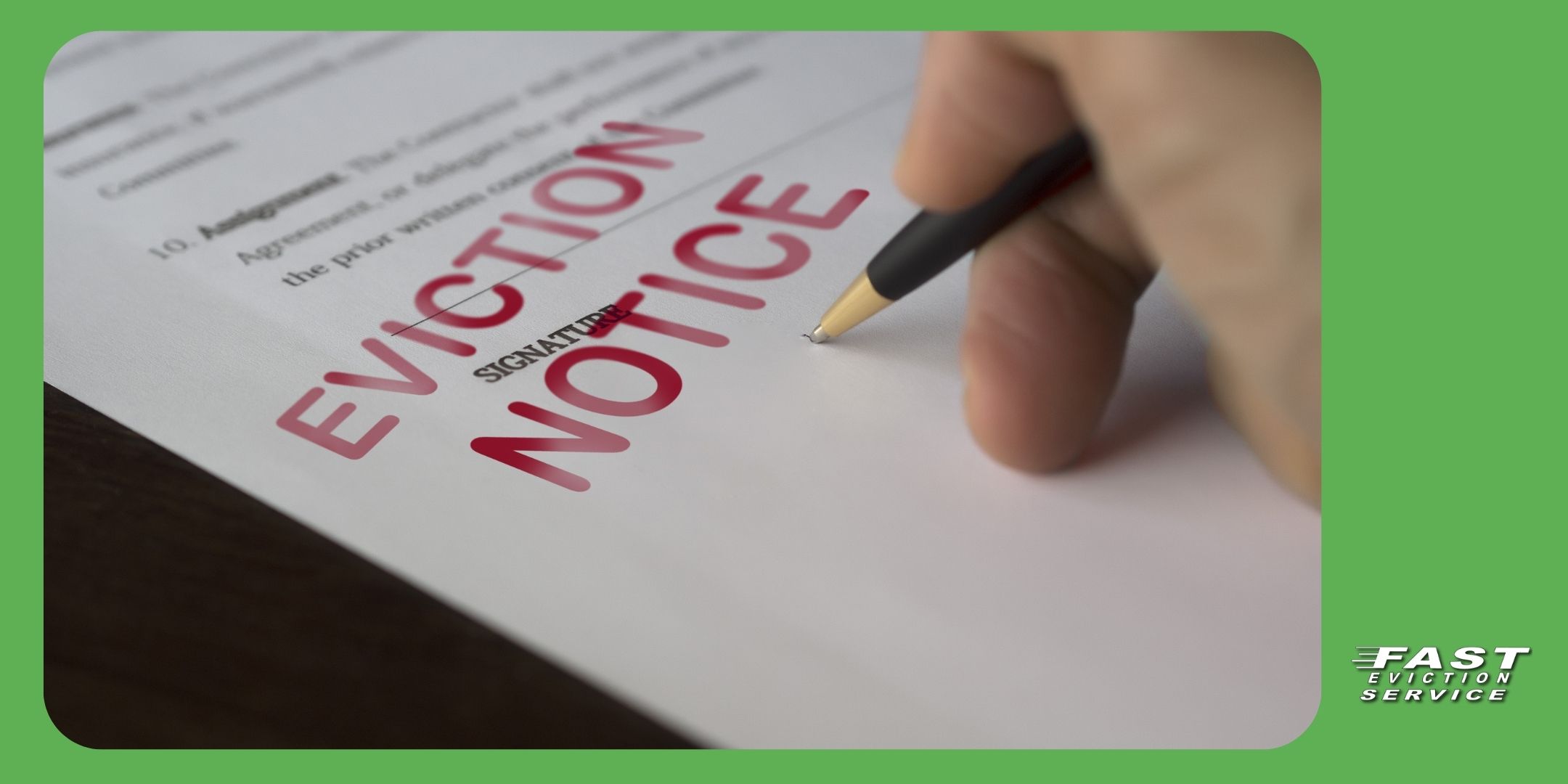Updated on 5/23/24
A tenant subletting your property without your consent can be dangerous. Your original tenant disregarded their lease agreement and has also undermined your screening process. The sublet tenant can cause damages to your property without having their name written on your lease. How do you hold them accountable? Or the better question, who do you hold accountable for damages? The original tenant is going to want their deposit back in full.

It’s important that your rental agreement has appropriate verbiage on subletting. This way, if you find your original tenant has sublet your property without your approval, this could be considered a breach of contract. We’ll discuss four options that you as a landlord on what to to do if a tenant is subletting
Option 1: Address the Subletting with a Notice
The first thing you may want to do is to send a notice to your tenant that he or she has broken part of the lease and that it is considered grounds to legally evict them. The typical notice for this is called “X day covenant or quit notice”, “notice to cure or quit” or “notice to perform or quit”.
Related: Types of California Eviction Notices
Whether you would eventually go through with the eviction is up to you. This would be the first step in the legal eviction procedure, but most of the time, this tactic is used to get the tenant’s attention and to let them know how to fix the situation.
Option 2: Find out more information
If possible, try to find a way to speak with the person subletting the rental. It is possible that the subtenant doesn’t know who the actual landlord is. If this is the case, it’s a good idea to let them know that you are the actual landlord and that the subletting isn’t allowed per your rental agreement.
Speaking to the subtenant can oftentimes fix the situation or at the very least get you more information about it to know how to proceed.
Option 3: Legal eviction
After speaking with your tenant and the subtenant and you become aware that they have no intention to comply with your rental agreement, then it comes down to legally evicting your tenant and everyone else in the household.
If your rental agreement strictly prohibits subletting without the landlords expressed written permission, the case shouldn’t be difficult to win.
Related: Rental Agreement Clauses You Should Be Using
Option 4: Go with it
The very last option you should go with is to just let the subletting happen. If the circumstances are right and you, your tenant and subtenant can all come to an agreement, then it might not be the worst of ideas. We only recommend you add an addendum to the rental agreement, or if possible, have the subtenant go through your screening process and you can add them to your original lease.
Whatever you choose, we recommend you always side with caution and stick to your proven methods of finding good, high quality tenants.
Most landlords will agree that it is imperative to include a clause in your rental agreement about subletting. Whether it is forbidden or allowed, it should be explicitly written and described.


